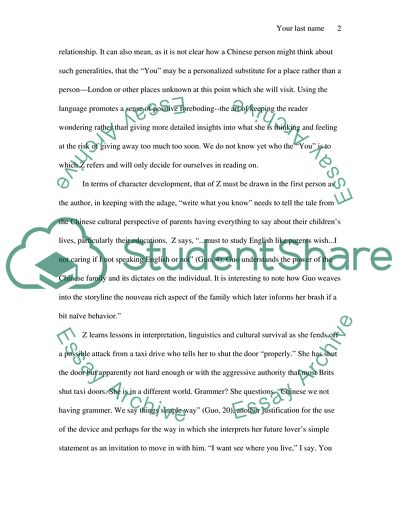Cite this document
(“The Impact of Imprecise Language as a Literary Device Essay”, n.d.)
Retrieved from https://studentshare.org/english/1562620-the-impact-of-imprecise-language-as-a-literary-device
Retrieved from https://studentshare.org/english/1562620-the-impact-of-imprecise-language-as-a-literary-device
(The Impact of Imprecise Language As a Literary Device Essay)
https://studentshare.org/english/1562620-the-impact-of-imprecise-language-as-a-literary-device.
https://studentshare.org/english/1562620-the-impact-of-imprecise-language-as-a-literary-device.
“The Impact of Imprecise Language As a Literary Device Essay”, n.d. https://studentshare.org/english/1562620-the-impact-of-imprecise-language-as-a-literary-device.


